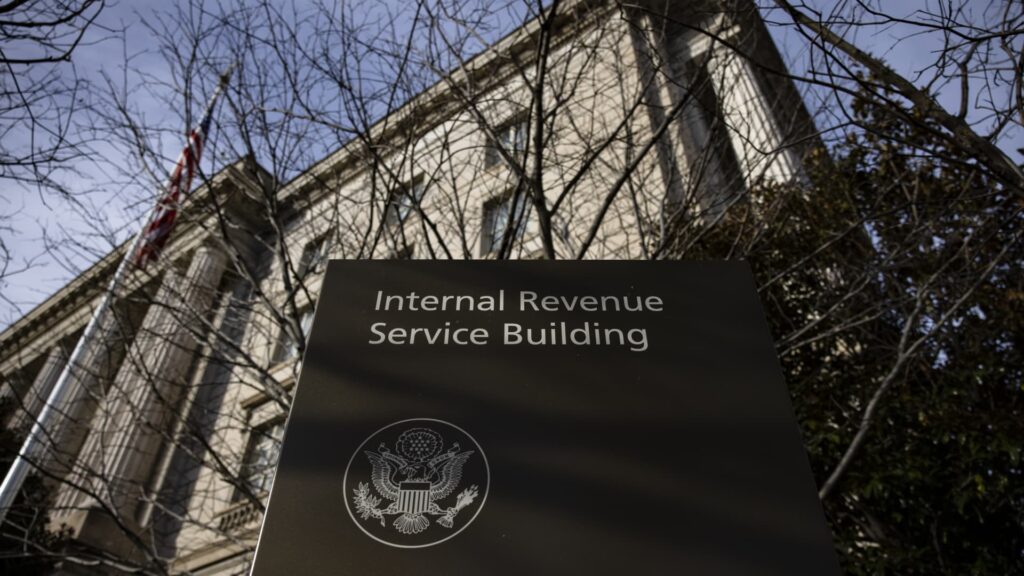A recent development in the crypto landscape is causing a stir among users and advocates alike.
The Infrastructure Investment and Jobs Act, passed by the US Congress, introduces a reporting provision requiring individuals involved in crypto transactions exceeding $10,000 to report them to the Internal Revenue Service (IRS) within 15 days.
While this move aims to enhance transparency, it brings about a series of challenges and uncertainties.
The Infrastructure Investment and Jobs Act, effective January 1, 2024, mandates that anyone receiving over $10,000 in crypto transactions must report the details to the IRS within 15 days. This includes providing personal information about the sender, transaction amount, date, and more.
Coin Center, a crypto advocacy group, has filed a lawsuit challenging the constitutionality of this reporting requirement.
However, as the legal process unfolds, the law remains in effect, and individuals are obliged to comply, even though practical challenges persist.
Complying with the new law poses challenges for various segments of the crypto community. Miners, validators, and participants in decentralized exchanges face dilemmas in determining the appropriate information to report, especially in cases of block rewards or anonymous transactions.
One of the major hurdles is the lack of clear guidance from the IRS on specific issues. The criteria for evaluating the $10,000 threshold in crypto value, as well as the applicability of existing reporting forms like Form 8300, remain unresolved. This lack of clarity leaves users uncertain about compliance procedures.
Failure to comply with the reporting requirement within the stipulated 15-day period carries the risk of felony charges. This has raised concerns among crypto users, especially those engaging in transactions that might be technically challenging to report promptly.
Organizations receiving crypto donations exceeding $10,000 encounter additional complexities. The anonymity of contributions makes it challenging to fulfill counterparty reporting requirements, adding an extra layer of uncertainty.



